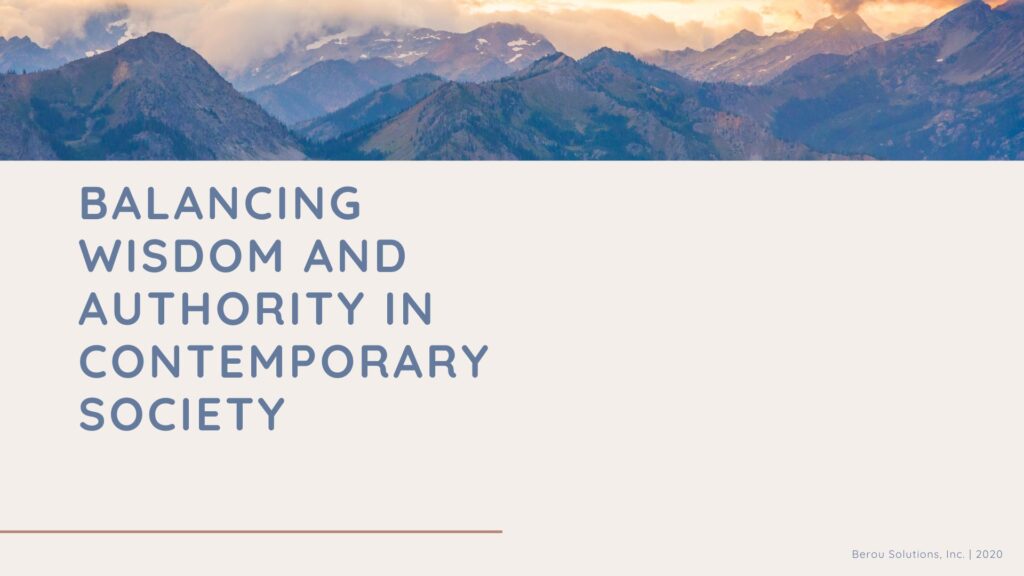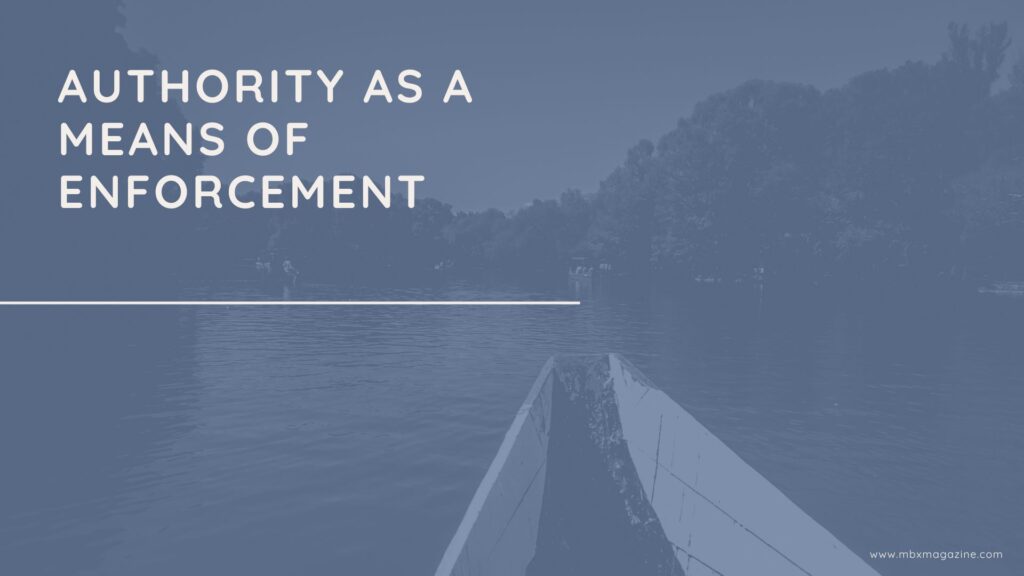By saying ” it is not wisdom but authority that creates a law. T – Tymoff ” highlights the symbiotic relationship between these two crucial factors. Authority defines the legal framework, but wisdom guides the formulation of just and fair laws.
The dynamic interplay between wisdom and authority remains a continual topic of discussion in legal and governance circles. T. Tymoff’s renowned statement, “It is not wisdom but authority that makes a law,” perfectly captures a complex idea encompassing the fundamentals of legal obligations, precedents, and their significance.
Wisdom and Authority: Getting to Know Each Other
The relationship between wisdom and authority may initially seem contradictory, but their intricate connection becomes apparent when explored within the framework of the law.
Wisdom involves profound knowledge and discernment, while authority represents the power to enforce regulations. Together, these elements shape the foundation of legal systems, profoundly impacting societies and individuals.
Also Read: A True Relationship is two Imperfect people Refusi – Tymoff
Wisdom as an insight source
Wisdom acts as a source of insight guiding the formulation of effective regulations. Wise legal systems are rooted in a deep understanding of human behavior, ethical considerations, and the interplay between societal dynamics.
Legislation fostering fairness, equality, and legal compliance is shaped by lawmakers who prioritize wisdom.
Lawmakers approach their duties with a focus on the long-term welfare of the population. They acknowledge that laws steeped in wisdom possess the capacity to surpass immediate challenges. Such laws provide lasting solutions that endure over time.
Wisdom as a basis for fairness
Wisdom-based legal systems are anchored in a commitment to fairness. These systems recognize the inherent complexity of individual lives and situations, avoiding broad judgments. Their approach is empathetic and multifaceted, embracing the nuances of human existence.
By considering the diverse circumstances of each individual, laws driven by wisdom ensure that justice is administered fairly. These legal systems recognize that a just society is one where everyone is treated with dignity and respect, while accommodating unique perspectives.
Balancing Wisdom and Authority in Contemporary Society

Wisdom and authority must be balanced in the modern world. With democratization of information, well-informed citizens have become more influential, blurring the line between conventional leadership and shared wisdom. Due to this changing scenario, legislation must adopt innovative approaches that take into account stakeholders’ perspectives.
Understanding T. Tymoff’s Approach
T. Tymoff’s assertion, “It is not wisdom but authority that makes a law,” prompts a deeper examination of the interplay between wisdom and authority within the legal system. A hierarchical authority may not be necessary for effective enforcement, but the accumulation of wisdom may suffice.
Untangling the nuanced layers of meaning within this assertion is essential for a comprehensive understanding of T. Tymoff’s perspective. On the surface, it suggests that, despite its undeniable value, wisdom should not be the sole factor influencing the formulation of laws.
Instead, authority emerges as a vital counterbalance, owing to its structural integrity, enforcement prowess, and ability to ensure compliance
Also Read: Love What You Have, Before Life Teaches You to Love – Tymoff
The Balance Between Wisdom and Authority in Today’s Society
It is a complex task to achieve harmony between wisdom and authority in today’s world. The democratization of information has weakened conventional leadership’s ability to influence well-informed citizens. Due to this changing scenario, inventive legislative approaches that incorporate the perspectives of multiple stakeholders are needed.
The Role of Authority in Legislation
Alternatively, it represents the rightful ability to create, enforce, and interpret laws. This capability ensures that citizens adhere to the established legal frameworks, offering stability, order, and a mechanism for resolving disputes within a society.
Authority as a Means of Enforcement

The authority vested in officials empowers them to enforce laws and regulations, ensuring the cohesion of societal fabric. This authority equips them with the tools to prevent and address breaches of established norms.
The mere existence of authoritative figures acts as a deterrent, dissuading individuals from participating in unlawful activities due to the fear of consequences.
By wielding the power to impose penalties, authorities foster a sense of responsibility among citizens. This sense of accountability is vital for upholding the integrity of legal systems and fostering a culture of compliance.
Authority as A Tool Of Order
In societies where authority plays a central role in legislation, the emphasis often lies on stability and conformity. The presence of authoritative figures and institutions fosters a sense of order crucial for the effective functioning of communities.
This order provides citizens with a feeling of predictability and security, contributing to the overall well-being of society. However, concerns arise about potential abuses of power due to the dominance of authority.
When authority is concentrated in the hands of a few, there is a risk of an uneven distribution of justice, where the powerful may exploit their positions for personal gain. In such situations, it becomes crucial to strike a delicate balance between necessary controls and the protection of individual rights.
Also Read: Self-Control Is Strength. Calmness Is Mastery. You – Tymoff
Historical Perspectives on Authority and Wisdom in Law
- Lessons Learned
Understanding the interaction between wisdom and authority as it relates to contemporary legal systems.
- Historical examples
Examining historical instances where authority overrode wisdom in the creation of laws.
Authority vs. Wisdom: Legal Context in the Modern World
1. Current Legal Systems
Examining how modern legal systems manage authority and wisdom, illustrated with examples from around the world.
2. Challenges and Critiques
Delving into the difficulties encountered in guaranteeing that laws embody both authority and wisdom.
Balancing Wisdom and Authority
While T. Tymoff’s perspective may appear thought-provoking, it does not outright disregard the significance of wisdom in law. It is still possible to shape a fair and just legal system with wisdom that combines a deep understanding of human nature, societal requirements, and ethical considerations.
Nevertheless, Tymoff’s assertion prompts us to critically scrutinize the origins and legitimacy of authority, recognizing that the mere presence of wisdom does not automatically confer authority.
To achieve a robust legal framework, it is essential to strike a balance between wisdom and authority. Wisdom can guide the content and principles of laws, ensuring their alignment with ethical standards and societal values. At the same time, it’s crucial to.
So it is a very hard process to establish and implement a new law.
The time and the reason they were issued deserve to be thought about and commemorated. They can be commemorated with customized Challenge Coins that are unique and collectible, with a good design and creativity. Law enforcement officers can be rewarded with a Law Enforcement Challenge Coin in recognition of the good work they do under a sound legal program.
Conclusion
Tymoff’s declaration, “It is not wisdom but authority that makes a law,” captures the intricate interplay between two fundamental aspects of legislation. Authority can translate wisdom into enforceable laws.
The collaboration between these elements yields laws that carry authority. These laws are also fair, adaptable, and reflective of societal needs. As society undergoes changes, recognizing the significance of both wisdom and authority in the legal field remains crucial.
Frequently Asked Questions (FAQs)
What did Thomas Hobbes mean by it is not wisdom but authority that makes a law?
The quote, “It is not wisdom but Authority that makes a law” given by Thomas Hobbes inferred that only authority holders who are appointed by the government or constitution to describe their responsibility are eligible to make a law. Establishing and implementing any law is a very serious and difficult process.
How may wisdom be applied to contemporary law?
To establish just and equitable laws, legal experts, advisory panels, and public participation can all contribute to wisdom in modern lawmaking.
What happens when wisdom is ignored when drafting laws?
When authority takes precedence over wisdom, there is a risk of passing unjust or unfair laws, which could cause social unrest and discontent.


